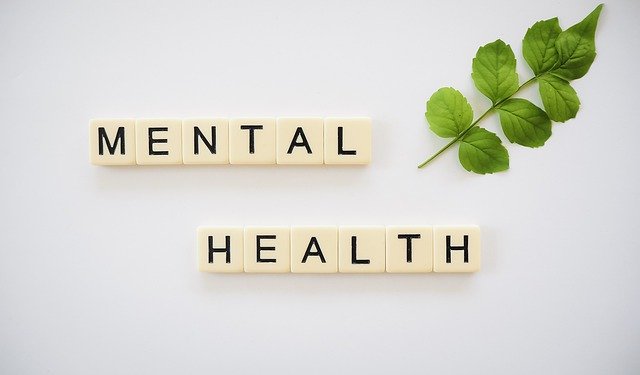
Many of us will have been affected by the coronavirus pandemic and as a result some of us may have suffered with stress and anxiety. For those who are already dealing with mental health issues, the current situation could be making things more difficult. Whether we’re feeling isolated because of having to stay at home or have had to take on new challenges including additional workloads, caring responsibilities or home-schooling, it’s important to look after our mental health.
Our response to COVID-19
Throughout DIO we’ve had to adapt and change the way we work. Thanks to flexible working, we were in a strong position to ensure that those not classed as key workers could work from home. We’ve maximised the use of technology including Skype to promote wellbeing activities such as virtual coffee-catch ups and quizzes. This has helped individuals to connect with one another and it’s kept that office corridor type of conversation flowing in a virtual way!
We have 70 volunteers who are trained as mental health first aiders and are on hand to help when individuals need support. Throughout this pandemic, they have promoted resources and held 1-1s with individuals to check on their wellbeing. For those that work at DIO, you can contact them by looking on the DIO wellbeing intranet page.
We’ve had regular calls with our staff that are hosted by senior leaders. These have helped to keep our staff informed with changes that affect them, it’s also a good way for them to ask questions and raise concerns. We’ve also hosted calls with the Charity for Civil Servants who provide free services such as counseling, financial support and mental health advice.
If you’re struggling, here’s some tips that may help
As DIO's Wellbeing Champion, I'd like to share some tips for coping with mental health during the pandemic.
Have a daily routine
Whether you’re sticking to a routine you had before or have started a new one, it’s important to have one so you can structure your day. Stick to your normal working hours and set some time for yourself. Don’t forget to take regular breaks. I do my most important work first thing in the morning but try not to finish too late.
Keep in touch
Not seeing loved ones can have a negative effect, but thanks to modern technology it’s easy to stay in touch. Schedule in regular catch-ups or some time with loved ones to carry out some fun social activities, I have Skype calls weekly with my family. Social time spent virtually with friends and colleagues has made me feel connected, supported and reminded me that people are thinking about me.
Get your body moving

You’re now allowed to exercise outdoors as many times as you want as long as you stick to the government guidelines of staying 2 metres apart. So, go for a walk, run or cycle. There’s also lots of free workouts you can try at home. I take a walk in the countryside near my home at 5.15pm daily which has really helped to boost my mental and physical health.
Do something you enjoy
Making time in the day to do something you enjoy gives you something to look forward to. Take some time out to read, garden or even learn a new skill! I’ve discovered a lot of new podcasts (Louis Theroux and Adam Buxton are my favourites).
Eat and sleep well
Try to plan your meals in advance and drink plenty of water to keep hydrated. Wind down an hour before bed, whether by reading a book, running a bath or meditating.
Staying at home may be difficult but remember you are protecting yourself and others by doing it. There’s plenty more resources to help you, NHS Every Mind Matters, Mind and the Mental Health Foundation offer some great advice to help you look after your wellbeing.